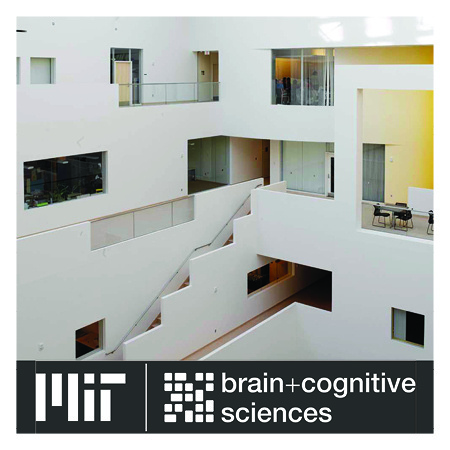
Cog Lunch: Thomas Clark "Evidence for Availability Effects on Speaker Choice in the Russian Comparative Alternation"
Description
Speaker: Thomas Clark
Lab(s): Roger Levy & Ted Gibson
Title: Evidence for Availability Effects on Speaker Choice in the Russian Comparative Alternation
Abstract:
When a language offers multiple options for expressing the same meaning, what principles govern the speaker’s choice? Two well-known principles proposed as accounting for wide- ranging speaker preference are Uniform Information Density and Availability-Based Production. Here we test the predic- tions of these theories in a previously uninvestigated case of speaker choice. Russian has two ways of expressing the com- parative: an EXPLICIT option (Ona bystree chem ja/She fast- COMP than me-NOM) and a GENITIVE option (Ona bystree menya/She fast-COMP me-GEN). We lay out several po- tential predictions of each theory for speaker choice in the Russian comparative construction, including effects of post- comparative phrase predictability, length, syntactic complex- ity, and semantic similarity to the comparative adjective. In a corpus study, we find that the explicit construction is preferred when the post-comparative noun phrase is longer, has a relative clause, and is less semantically similar to the comparative ad- jective. A follow-up production experiment using visual scene stimuli to elicit comparative sentences replicates the corpus finding that Russian native speakers prefer the explicit form when post-comparative phrases are longer. These findings of- fer no clear support for the predictions of Uniform Information Density, but are broadly supportive of Availability-Based Pro- duction, with the explicit option serving as an unreduced form that eases speakers’ planning of complex or low-availability utterances.

